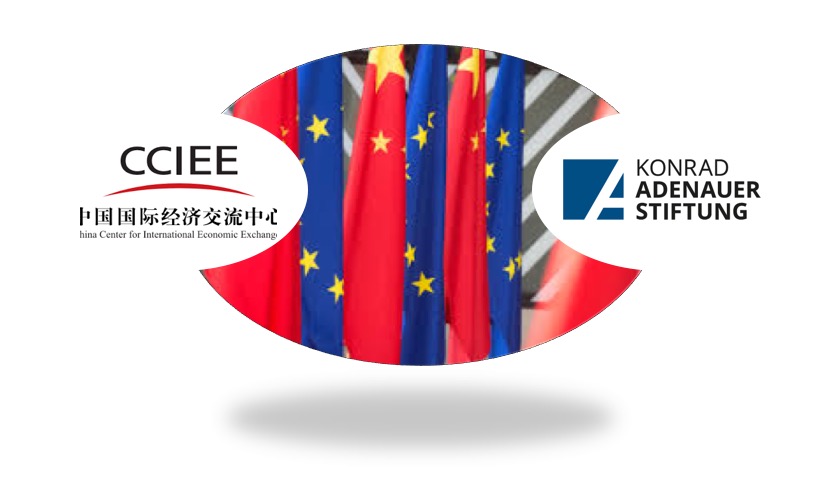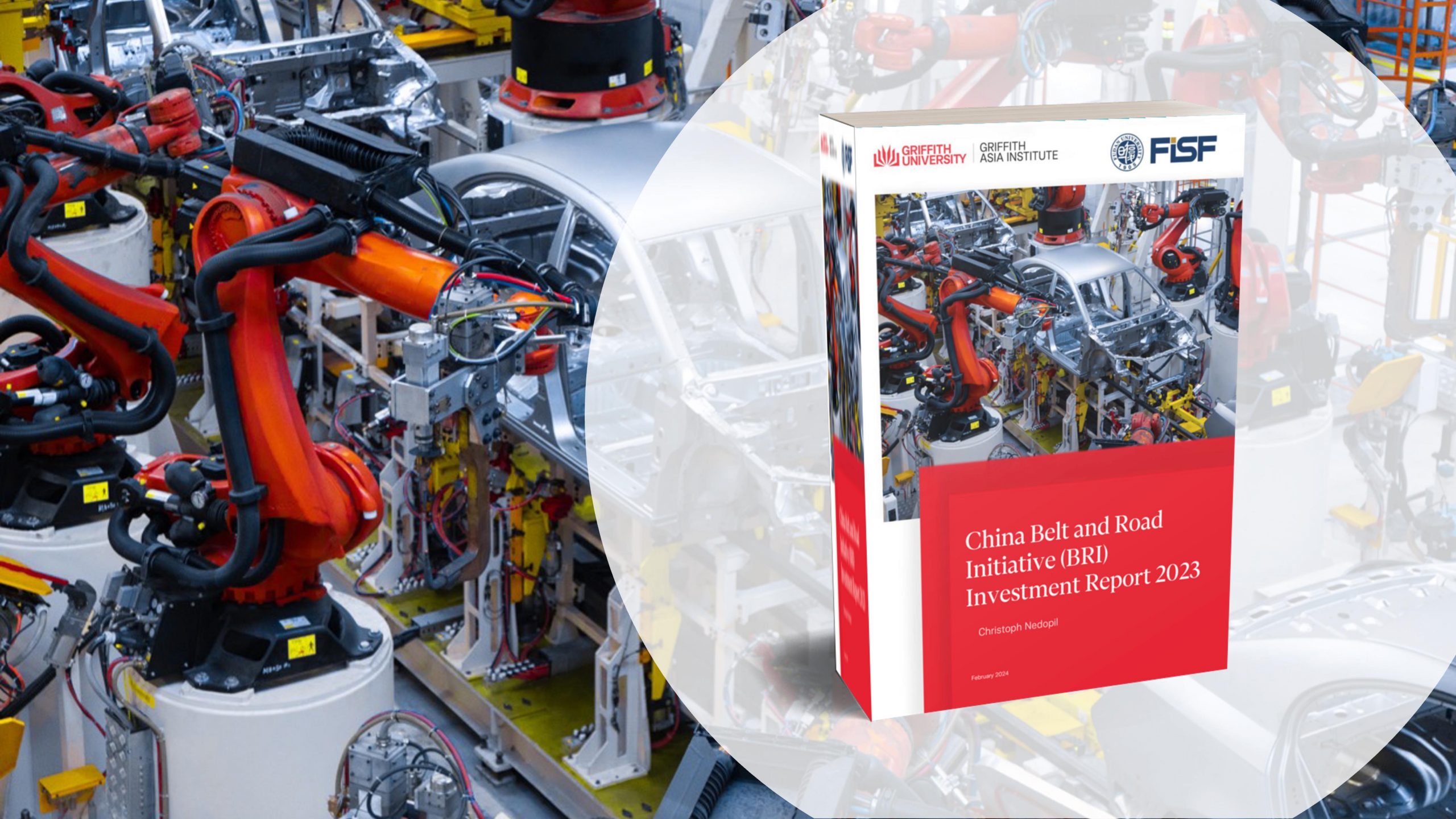On October 16, 2020, the China Center for International Economic Exchanges CCIEE (中国国际经济交流中心) and the German Konrad Adenauer Foundation in Beijing organized a high-level online workshop on EU-China cooperation on climate change.
Both China and the EU continue being committed to the Paris Climate Agreement and both acknowledge their responsibilities in the fight against climate change. By introducing the European Green Deal, the newly elected European Commission has formulated a set of policy initiatives to make Europe climate neutral by 2050. China on the other hand, just announced the ambition of achieving carbon-neutrality by 2060 and peak CO2 emissions by 2030. This webinar brought together experts from the EU and China to discuss current strategies to tackle climate change in their respective regions and also illustrate cooperation potential between both sides in this regard.
The seminar was moderated by IIGF Green BRI Center Director Christoph Nedopil Wang. After an introduction by YUAN Youwei, Deputy Director of CCIEE, who stressed the need for collective efforts on tackling climate change and warned against the EU carbon border adjustment as it would disrupt EU-China trade relations, Denis Schrey, Head of Multinational Development Policy Dialogue at the Konrad Adenauer Foundation urged to move from words to action.
In his introduction, Christoph Nedopil engaged the panelists to present and discuss about commonalities, differences and possible shared learning and opportunities for a climate-neutral EU in 2050 and carbon-neutral China in 2060. He emphasized how China and the EU both understand that the battle against climate change needs international cooperation. Already in 2005, the EU-China Partnership on Climate Change has provided a high-level political framework for cooperation and dialogue.

In the first panel, the four distinguished panelists introduced individual strategies and prospects of reaching climate/carbon neutrality.
- Philip Owen, Head of Unit at the Directorate General for Climate Action of the European Commission praised both China’s and the EU’s ambitions and set out his hopes for China to phase-out coal-fired power plants in China and outside of China.
- LI Junfeng 李俊峰, Academic Committee oft he Energy Research Institute stressed how China would only have 30 years to reach carbon neutrality compared to the EU’s 60 years and shared how China’s determination will be visible in the 14th Five Year Plan as the goal is deeply part of China’s political philosophy.
- Georg Zachmann, Senior Fellow on Energy and Climate Policy at the think tank Bruegel explained how the EU has been inward looking so far, dealing with its complexity of multiple market economies that are less discretionary. He shared the success stories of carbon prices and laid out plans for cooperation between EU and China, e.g. in regard to increased joint modelling to better understand climate spillover effects.
- KANG Yanbing 康艳兵 Director of the Energy Sustainability Center at the Energy Research Institute emphasized that while the 2060 goal of carbon neutrality is difficult, the energy transition is highly important and that China-EU cooperation is particularly important in clean heating, technology and policy cooperation.
In the second panel on potentials for cooperation between EU and China in green finance/climate finance and carbon pricing, the moderator Christoph Nedopil opened by acknowledging China’s pioneering role in regulating green finance in the past decade. The EU’s financial institutions have engaged in green finance for several decades and the EU has published its highly ambitious EU Taxonomy in 2019. The EU also pioneered its ETS in 2005, and China has announced the launch of a national ETS. Just on Tuesday, October 13, Executive Vice Premier Han Zheng paid a visit to the Ministry of Ecology and Environment where he described an ambitious environmental policy agenda for the 14th Five-year Plan that included the building of a national carbon market.
While differences of approaches remain, there is a common goal of utilizing green finance and related instruments for a green economic development in China and the EU.
Christoph Nedopil encouraged the panelists to discuss on Chinese and EU practice that can accelerate their cooperation on developing international standards for green finance, the prospects that by 2030 the EU and China will be able to link their emissions trading systems and the question how can the EU further support China in reaching its national climate goals.
- Vicky Pollard, Deputy Head of Unit of Directorate General CLIMA of the European Commission introduced the ambitious development path of the EU ETS since 2005 and how by piloting and learning, the next phase of the ETS starting in 2021 will be able to set the goal of reducing emissions rights by 2.2% per year.
- LI Liping, Division Director at the Institute for International Environmental Policy of the Ministry of Ecology and Environment introduced several pilots and also emphasized biodiversity partnerships. She also stressed the possibility for cooperation between different EU member states and different provinces depending on their state of development.
- Dr. Christian Hübner, Head of the Regional Project Energy, Security and Climate Change of the Konrad Adenauer Foundation emphasized the potentials of new technologies, such as blockchain and Internet of Things (IoT) to reach energy transition targets.
- Yin Hong 殷红, Deputy Secretary General of the Green Finance Committee (GFC) China and Deputy Director of the Research Institute of Urban Finance at ICBC stressed current goals of increasing international cooperation for cross-border capital flows , ESG standards and green BRI initiatives.
The final discussion saw many ambitious inputs by the participants of the webinar and stressed the need for cooperation to reach the goals in unchartered economic, political and technological territory.




Comments are closed.